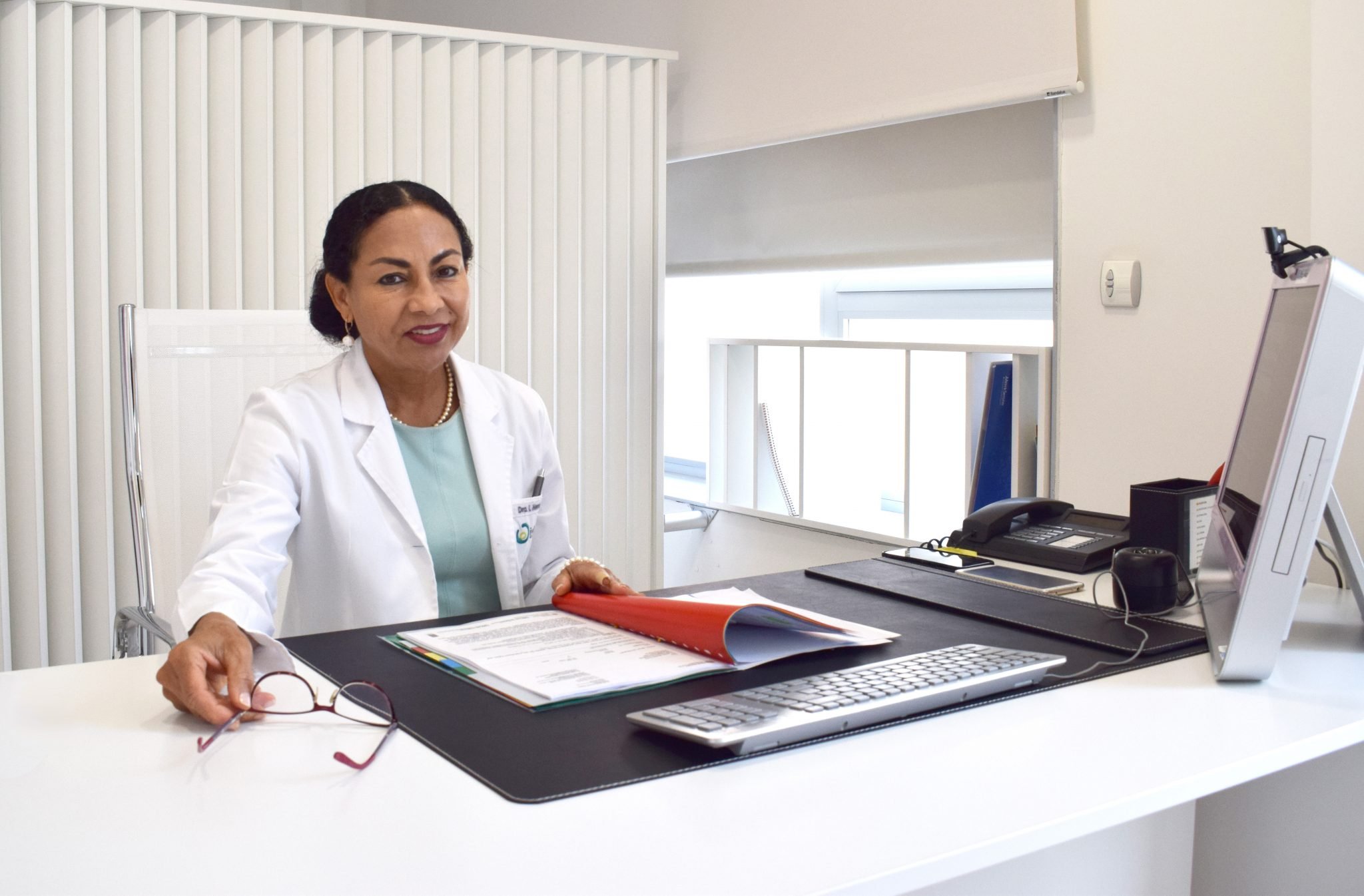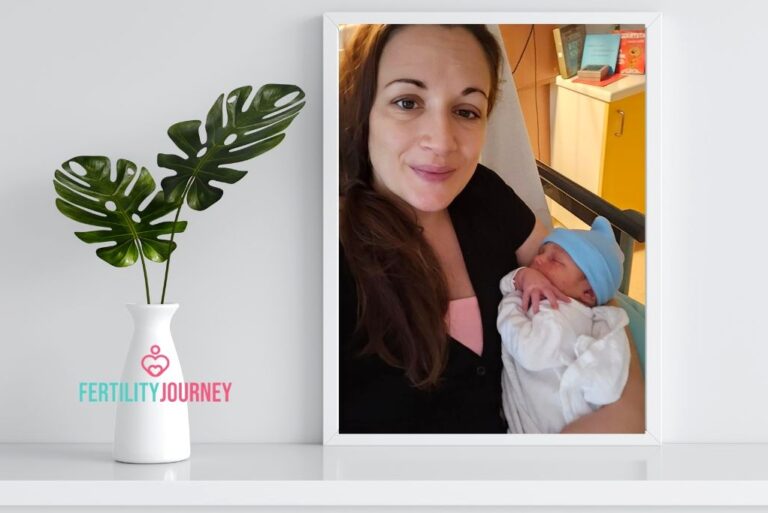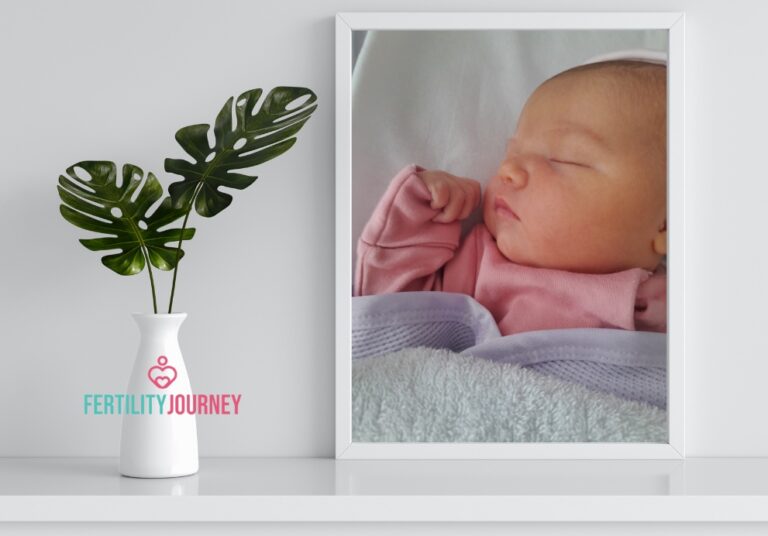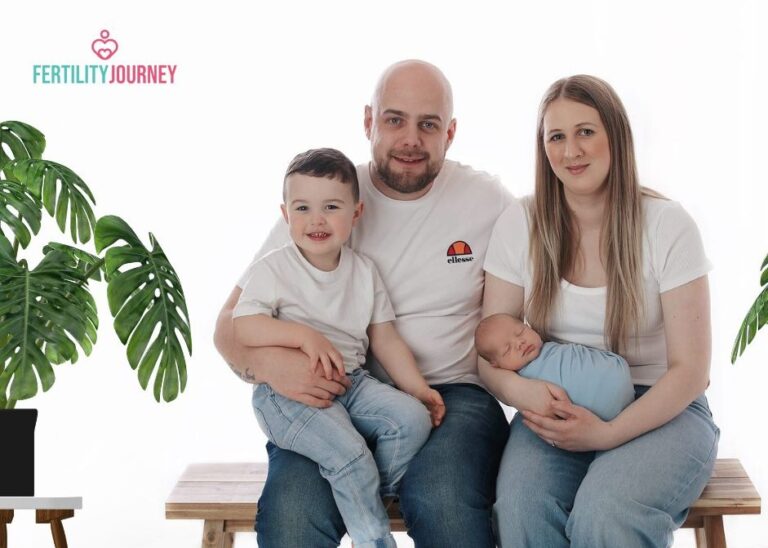After seven long years of trying to conceive and three failed ICSI treatments, Claire and David arrived at IVF Spain clinic carrying the weight of repeated disappointment. But something was different this time. Instead of the clinical stress they had come to associate with fertility treatment, they found themselves relaxing on a beach in Alicante, preparing for a new chapter with renewed optimism.
This is the story of a couple who never gave up, and a clinic that finally uncovered the answers they had been searching for all along.
Seven years of trying and three failed IVF treatments
Seven years is a long time to carry the hope of becoming parents. For Claire and David, that hope had been tested repeatedly through three failed ICSI treatments using their own eggs, each cycle ending in disappointment without a single positive pregnancy test.
What they didn’t know—and what no previous clinic had ever investigated—was why. The embryo quality had always been poor, and transfers had consistently been performed on day 3 of development with bad morphology. Years of treatment, emotional strain, and financial investment had passed without anyone identifying the underlying reasons for their repeated failures.
The toll of seven years of trying is difficult to put into words. But Claire and David’s determination to keep going, to find answers, and to trust in the possibility of parenthood brought them eventually to IVF Spain clinic in Alicante.
Uncovering the real reasons for failure
When IVF Spain examined Claire and David’s case, they quickly identified several critical factors that previous clinics had overlooked. The poor embryo quality and day 3 transfers were just the beginning.
An endometrial biopsy using the ER Map® test revealed that Claire’s endometrium was post-receptive. As Dr. Natalia Szlarb explained: “The test results showed that Claire’s endometrium was post-receptive, meaning that a transfer performed on day 5.5 of progesterone, like in 70% of cases, would not end up in a successful pregnancy.”
This single finding potentially explained years of failed treatments. David’s case added another layer of complexity: he suffered from teratozoospermia, meaning that 96% of his ejaculated sperm cells had an abnormal morphology. Fortunately, IVF Spain’s laboratory was able to improve David’s sperm quality and successfully fertilize the retrieved eggs.
A warm welcome in Alicante
For Claire and David, arriving at IVF Spain felt immediately different from their previous experiences with UK clinics. The contrast was striking—instead of stress, they found calm. Instead of anxiety, they found space to breathe.
“We have spent some time in Alicante ahead of the transfer, relaxing in the area and preparing for our next visit to IVF Spain. Our experience with previous treatments with UK clinics has been very stressful but in Alicante, we have spent most of our time preparing for treatment by relaxing on the beach!” they shared.
This shift in environment and atmosphere played a meaningful role in how they approached their treatment—calmer, more hopeful, and more ready than they had felt in years.
IVF with donor eggs and the perfect match
Given the poor quality of Claire’s embryos and the history of failed transfers, IVF Spain recommended IVF with donor eggs as the treatment most likely to give them the best chance of success. Finding the perfect donor was central to this process.
Under Spanish law, egg donation is completely anonymous, and donors must be younger than 35 and in good health. Crucially, both donor and patient must share phenotypical characteristics—hair color, BMI, eye color—ensuring the closest possible physical resemblance.
Claire and David took time to come to terms with the anonymity rules, ultimately reaching a place of genuine peace with the decision. “It’s hard not having control or letting another person being in charge for something related to your baby. However, we even think now it is better that way, because the more you know, the more you want to know and we do prefer knowing nothing and leaving it in the clinic’s hands,” they explained.
They were also deeply moved by the generosity of Spanish egg donors. “We are really grateful that there are people willing to donate eggs,” they said, acknowledging that without this generosity, their dream of parenthood would be out of reach.
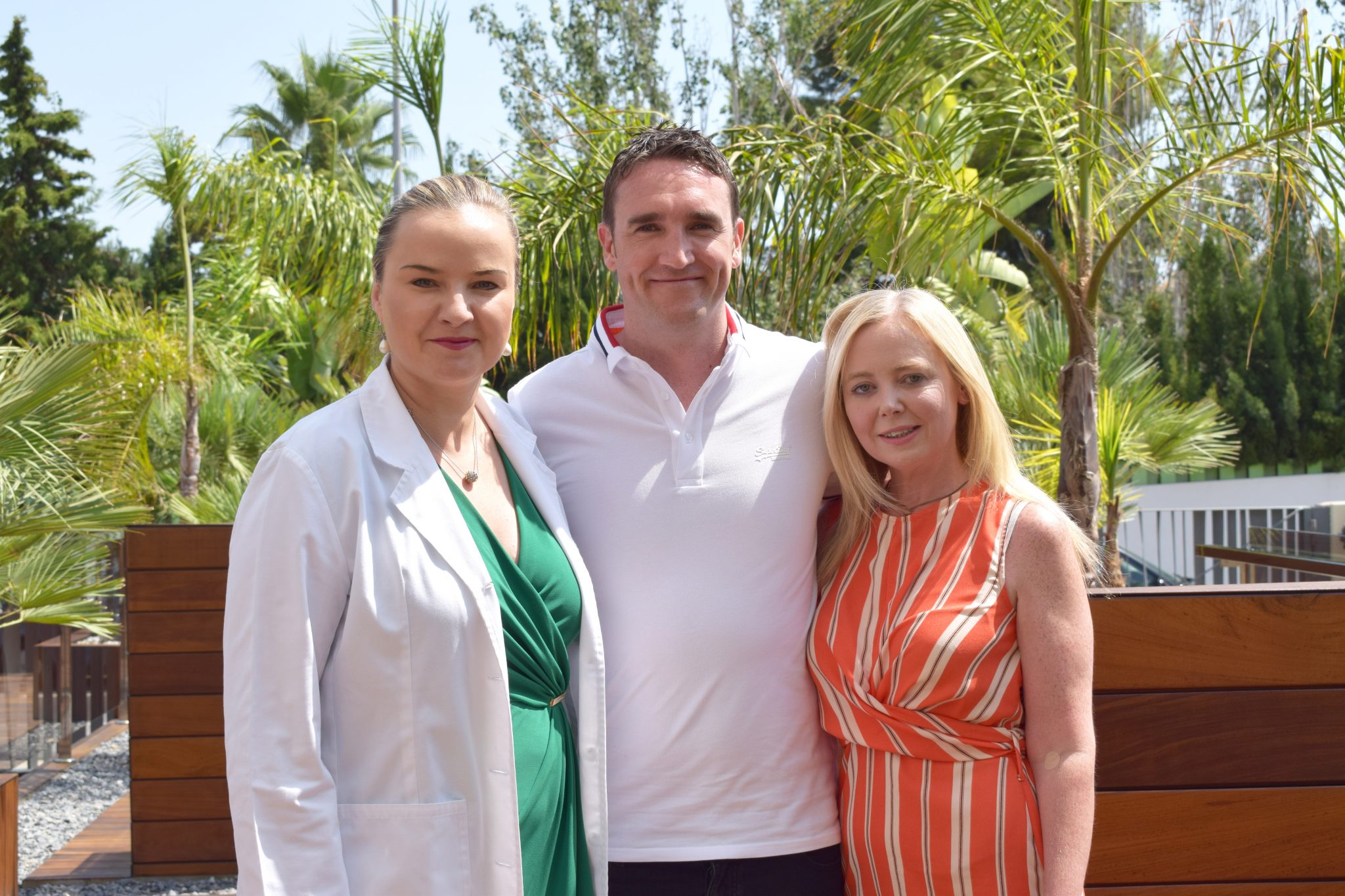
The ER Map test: a game-changing discovery
Beyond egg donation, the ER Map® endometrial receptivity test proved to be one of the most significant discoveries of Claire and David’s journey. The test accurately determined the precise window of implantation—the moment when Claire’s endometrium would be most receptive to an embryo transfer.
“Before coming to IVF Spain, we had never heard of an endometrial study or ER Map. The fact that the endometrial study analyses the best time to transfer the embryo could make a big difference to our treatment. We were really impressed with the accuracy of the test,” they shared.
The post-receptive result was initially concerning, but Claire and David quickly recognized its significance. “Knowing the best time to transfer the embryo would increase the chances of success, and this might have been the reason our other treatments in the UK had failed,” they reflected. Years of unanswered questions were finally beginning to make sense.
Finally on the right path
As Claire and David prepared for their embryo transfer, everything felt different. Armed with answers they had never had before—about Claire’s endometrial receptivity, David’s sperm quality, and the importance of embryo development timing—they approached treatment with a sense of clarity and cautious optimism.
IVF Spain had not only identified what had gone wrong in previous cycles but had developed a treatment plan specifically designed around Claire and David’s unique medical profiles. For a couple who had spent seven years searching for answers, this level of personalized care was transformative.
Reflections on the IVF journey so far
Looking back on their path to IVF Spain, Claire and David’s story illustrates just how much the right clinic and the right investigations can change everything. Three failed ICSI cycles, an undetected post-receptive endometrium, and unaddressed sperm morphology issues had stood between them and parenthood for years—all without anyone looking closely enough to find them.
Their time in Alicante, combining medical preparation with moments of genuine relaxation, represented something they had rarely experienced throughout their fertility journey: hope that felt grounded in real answers rather than blind optimism.
Advice for couples facing repeated IVF failure
Claire and David’s experience highlights the value of specialized testing before assuming all options are exhausted. The discovery of the ER Map® test and the identification of David’s teratozoospermia are powerful reminders that specialist testing can uncover hidden factors that standard treatments routinely miss. Finding a clinic willing to look deeper, ask harder questions, and tailor treatment to each couple’s specific needs can make all the difference.
Their openness to egg donation and anonymous donation, after taking time to truly understand the process, also shows the importance of approaching new treatment paths with patience and an open mind.

